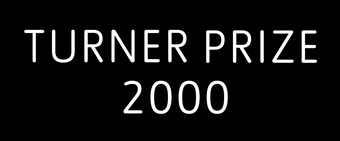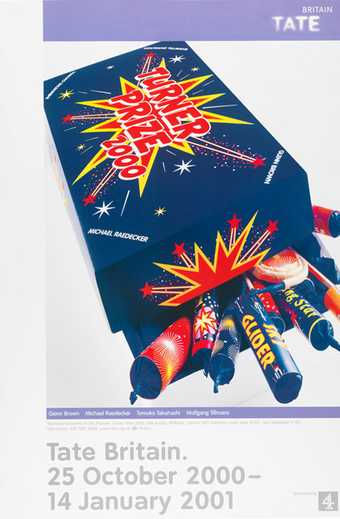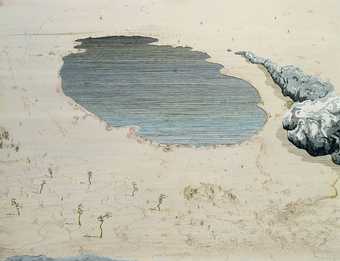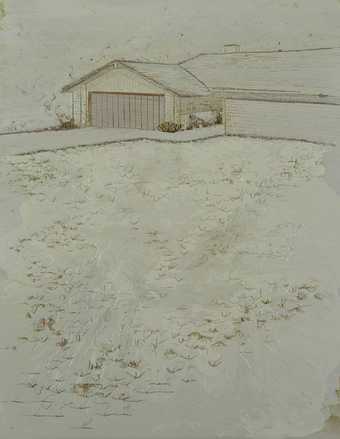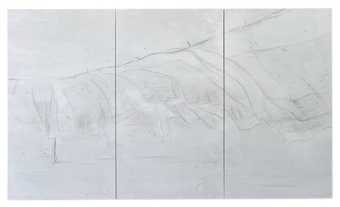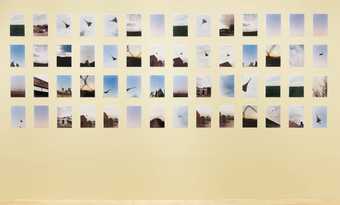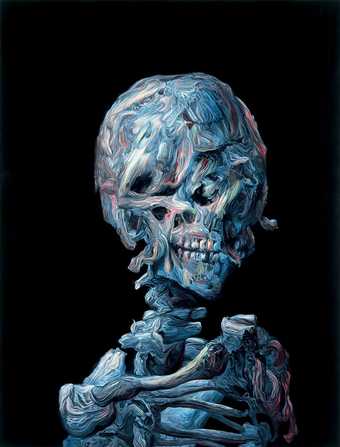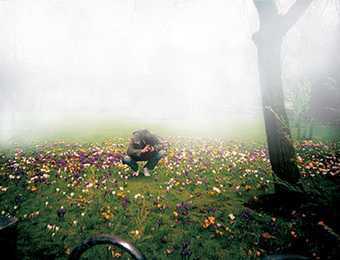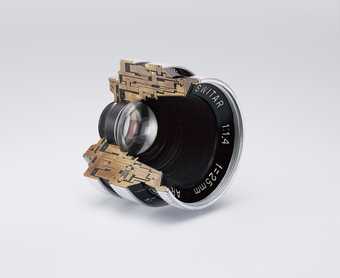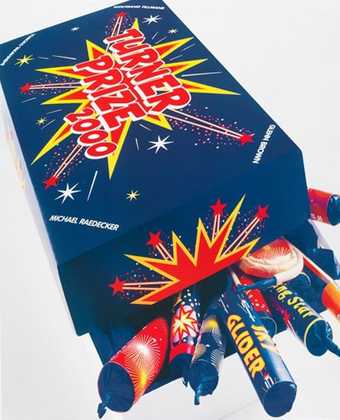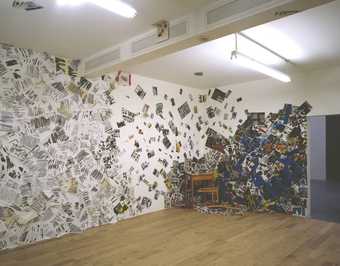Wolfgang Tillmans was shortlisted for his numerous exhibitions and publications of his work in books and magazines.
In awarding Wolfgang Tillmans the prize the jury praised the way in which his work engages with different aspects of contemporary culture, while challenging conventional aesthetics, taking photography in new directions in both his methods of working and in the presentation of his work.
The jury was impressed by his ability to look at often unregarded aspects of the everyday and create striking images from them.
Shortlist
- Glenn Brown – nominated
- Michael Raedecker – nominated
- Tomoko Takahashi – nominated
- Wolfgang Tillmans – winner
How British is the Turner Prize?
The 2000 shortlist was generally recognised as refreshingly 'sensation-free'. With only one of the four artists born in Britain much of the debate concentrated on nationality.
The lack of headline-grabbing works in the exhibition together with the lower public profiles of the nominees, prompted discussion about the demise of the so-called Young British Artists.
This idea was reinforced by the Prize being awarded to German-born Wolfgang Tillmans, the first artist working with photography to win.
In this year, Tate Britain was established as a gallery devoted to British art from 1500 to the present day and Tate Modern opened its doors.
Jury
- Jan Debbaut, Director of Stedelijk Van Abbemuseum,
- Eindhoven Keir McGuinness, Chairman of Patrons of New Art
- Julia Peyton-Jones, Director of the Serpentine Gallery, London
- Matthew Slotover, Publisher of Frieze magazine
- Nicholas Serota, Director, Tate
Turner Prize 2000 in quotes
How long must non-native artists live and work in Britain before they shed the label ‘foreign’? … Yet the demographics of this year’s line-up chime nicely with Tate Britain’s general desire to test the parameters of ‘British’ art.
Rachel Withers, Art Forum, September 2000
All the artists here work in Britain. We don’t just export the YBA generation. The cultural life of Britain is immeasurably strengthened by those from abroad who have chosen to work here. We need different voices, different attitudes, different ways of looking at the world.
Adrian Searle, The Guardian, November 2000
We have never confined the idea of British art to those who have been born in this country. At a time when there is a great deal of debate about public migrants, we should be in the forefront of those pointing out the huge contribution they have made to this country … If the Turner Prize had been around in the 1740s, I hope that Canaletto would have been on the shortlist.
Nicholas Serota, Director, Tate, 2000

